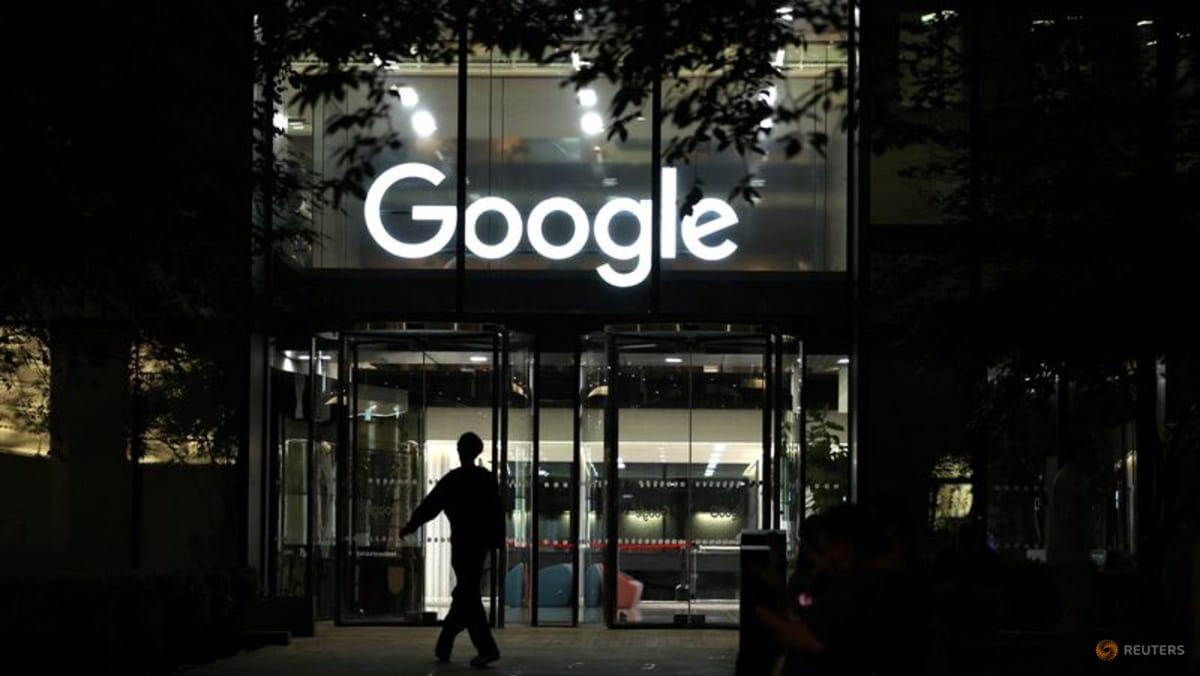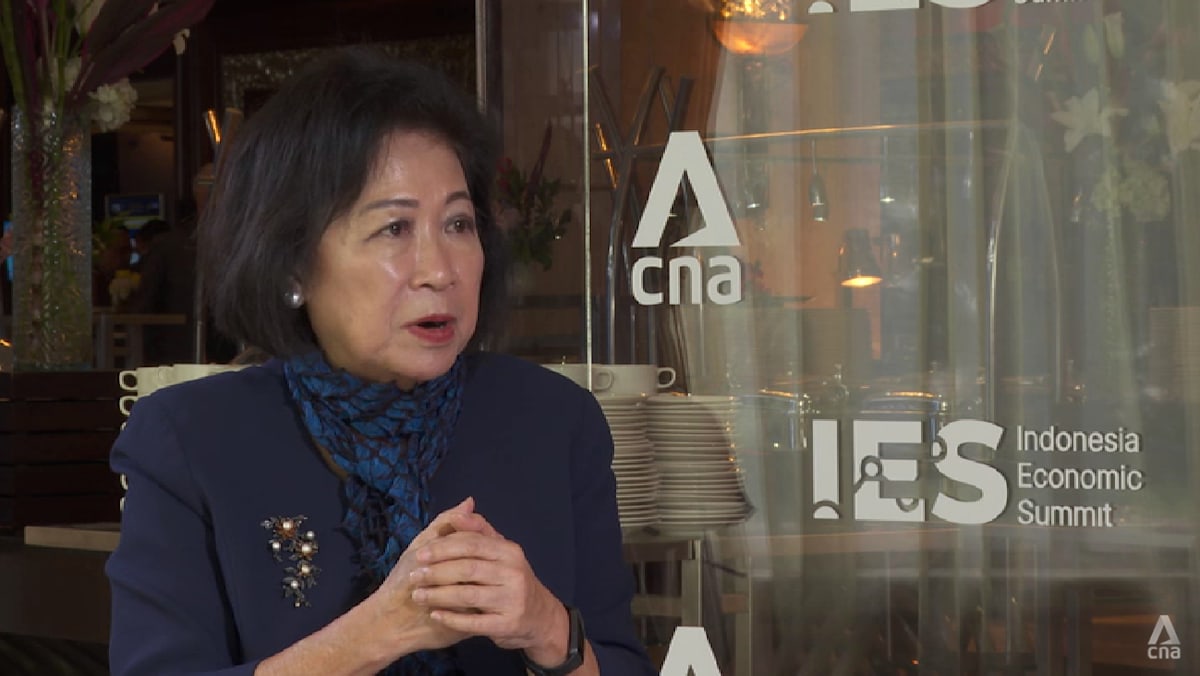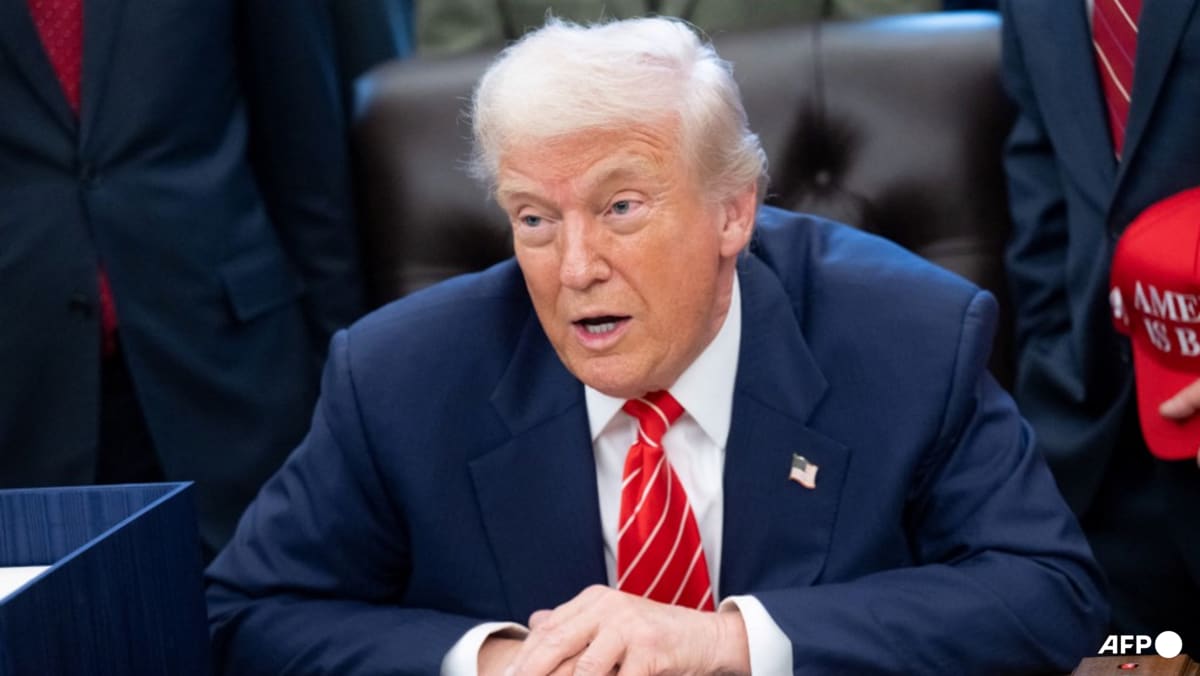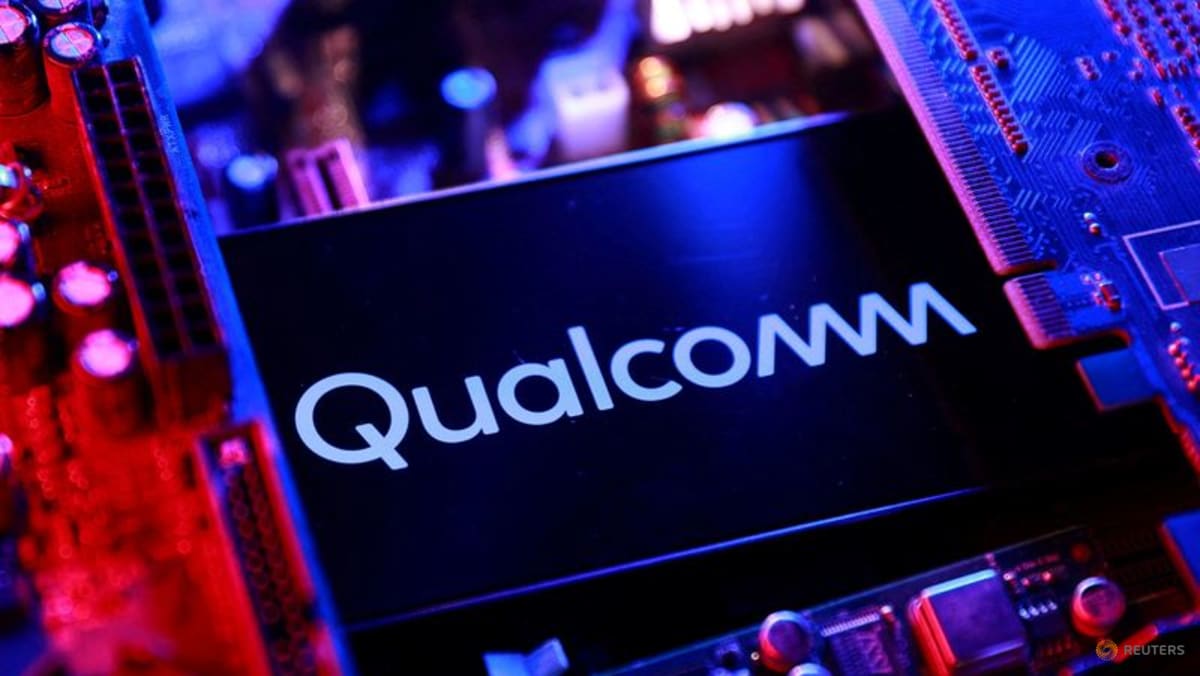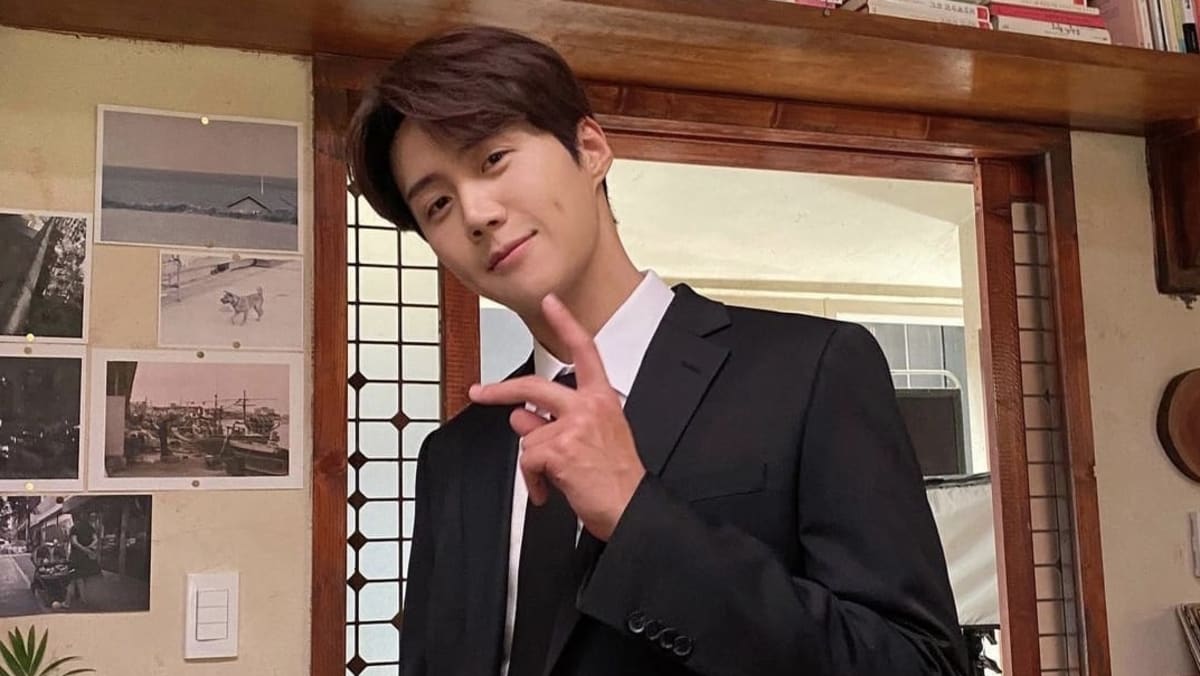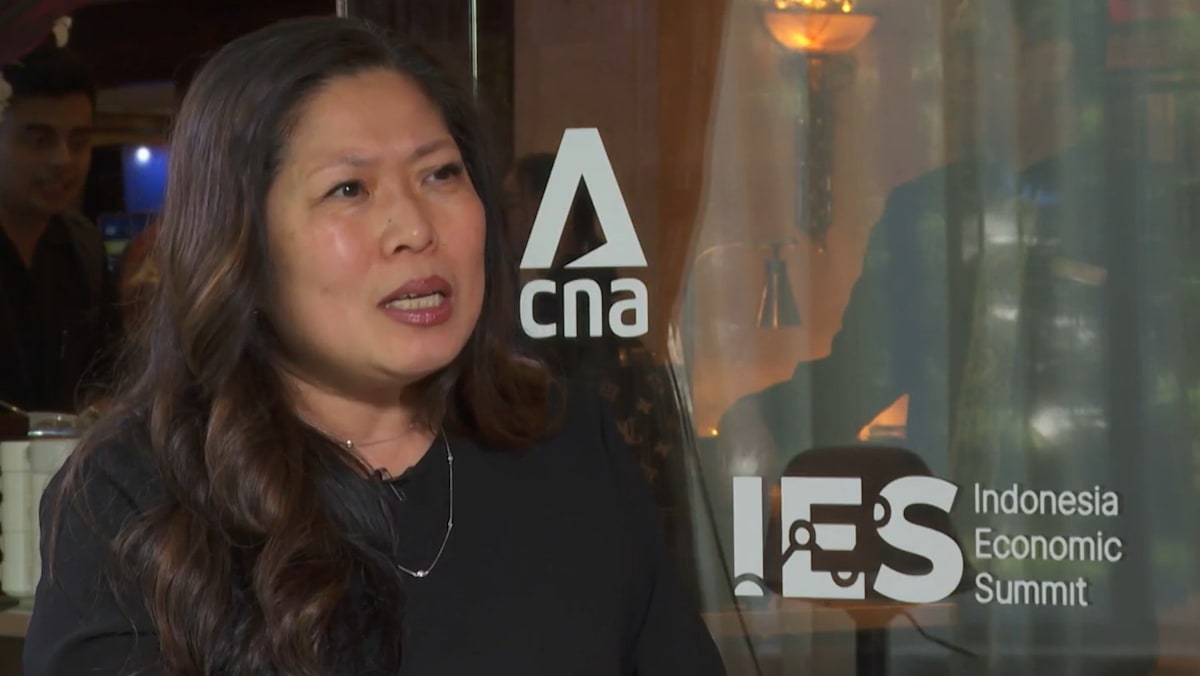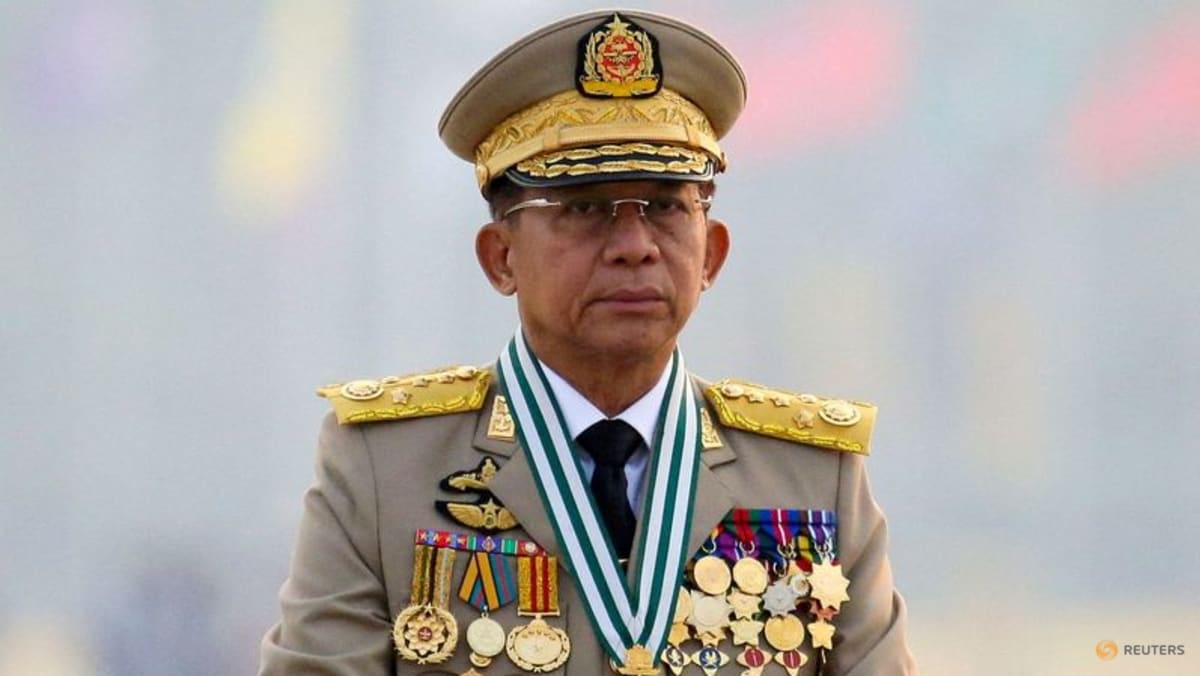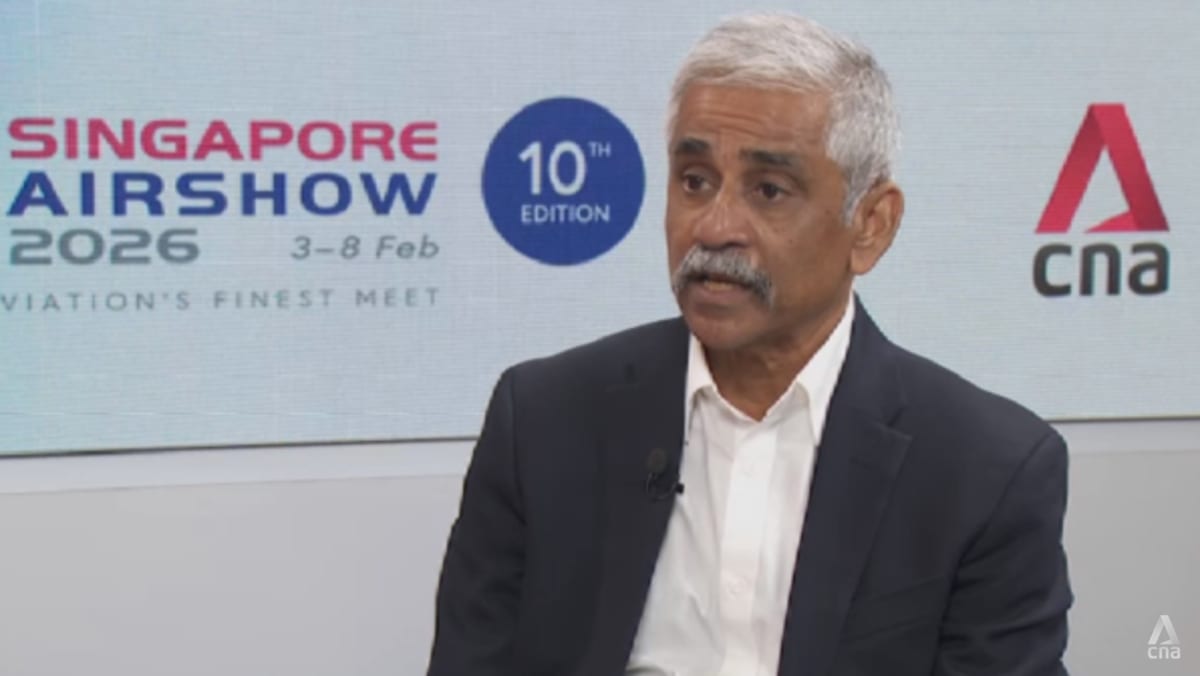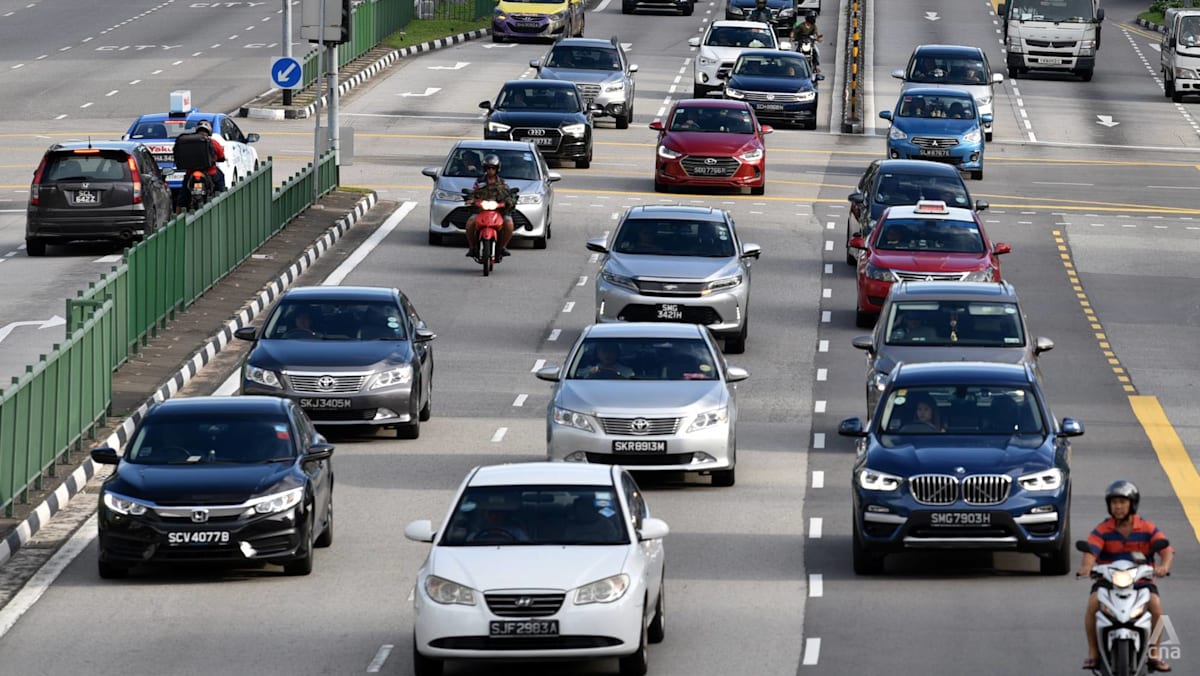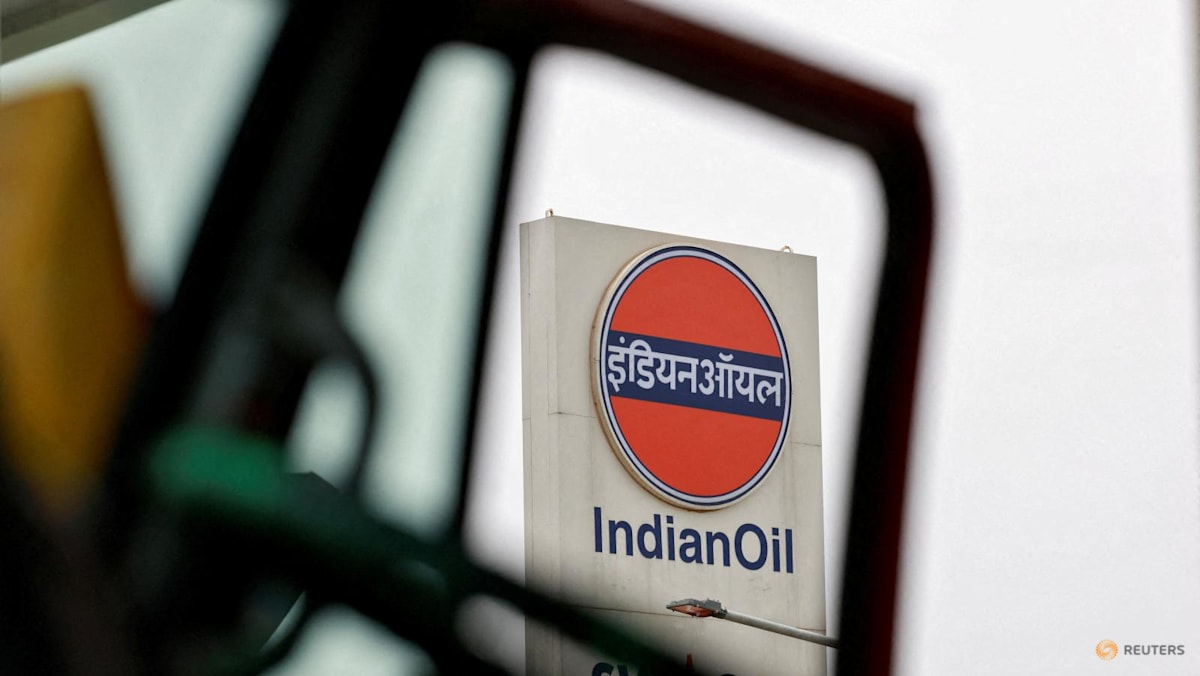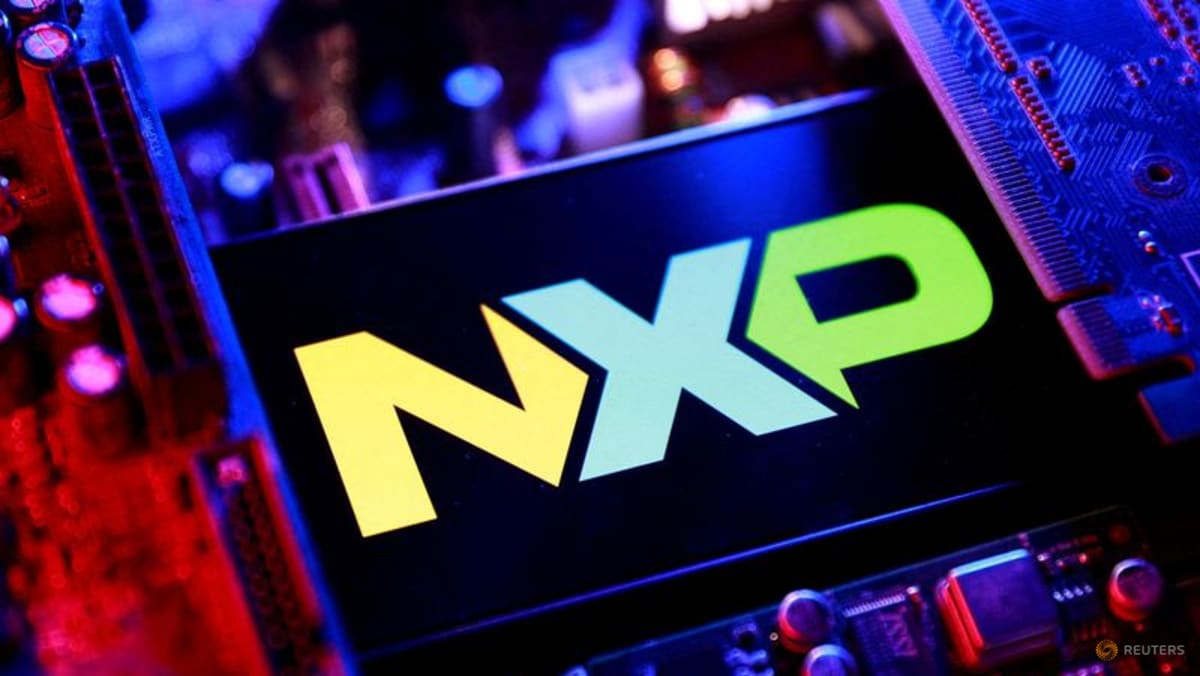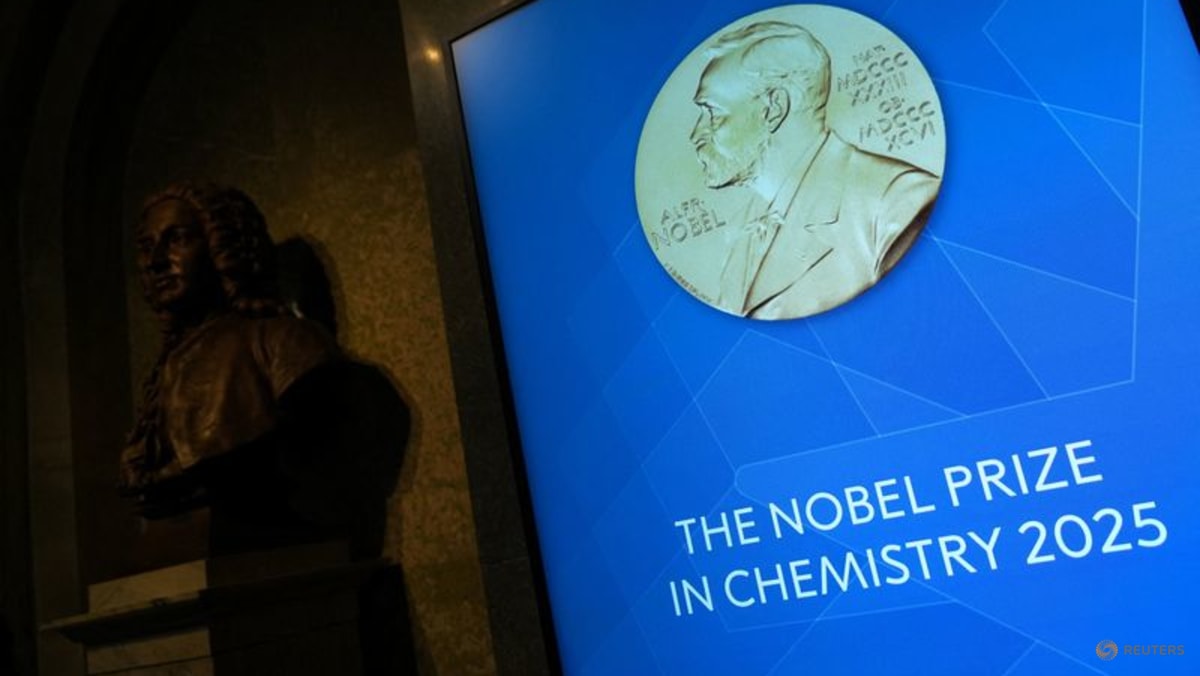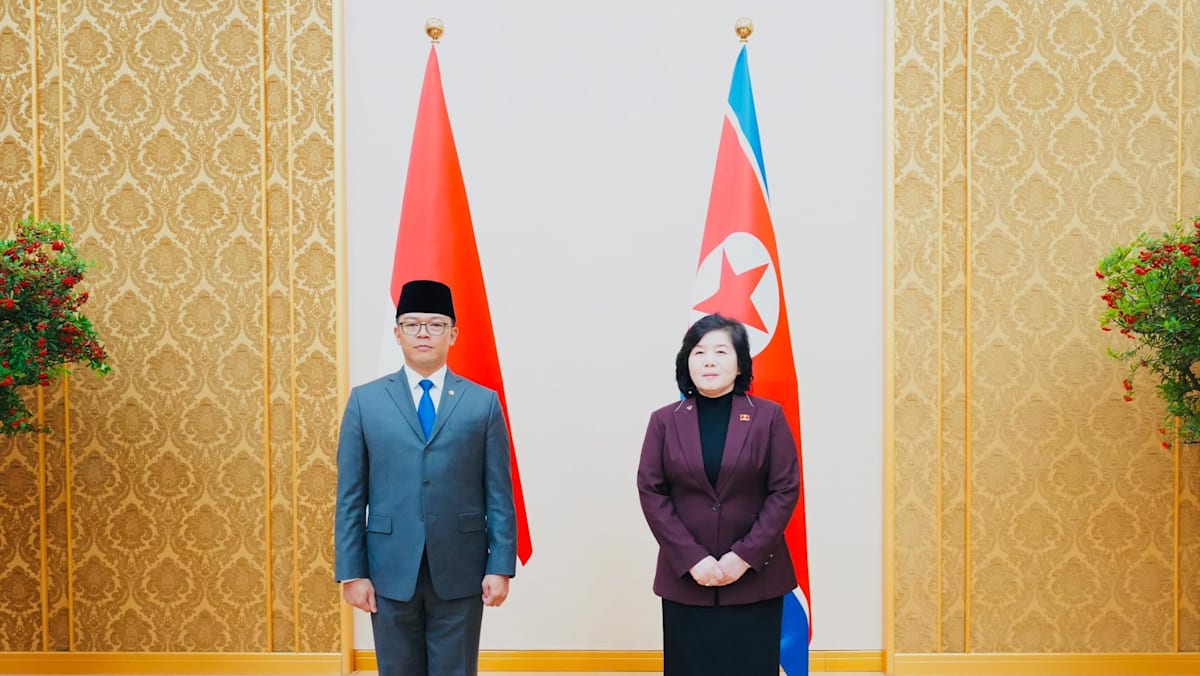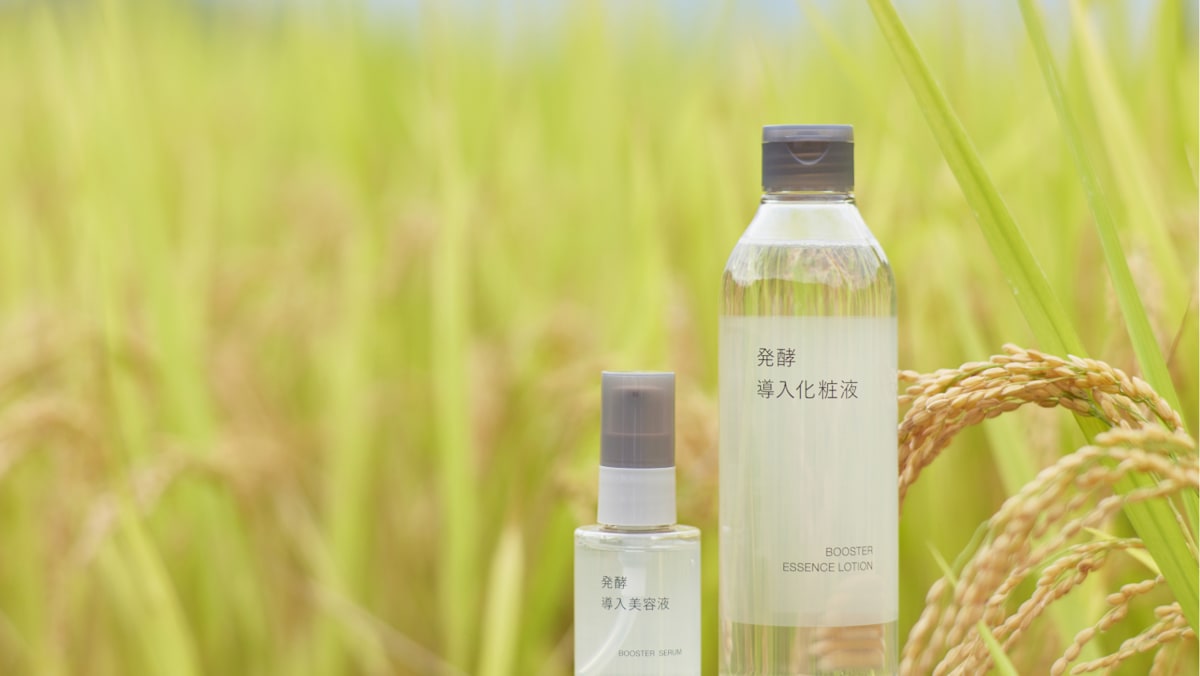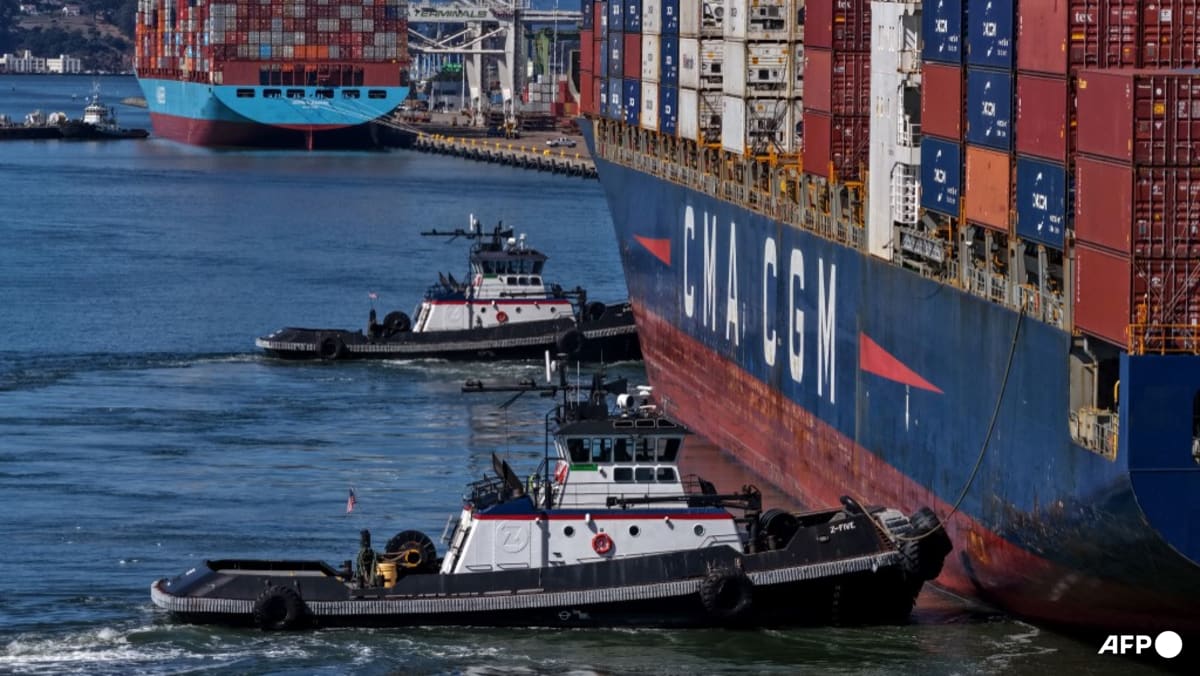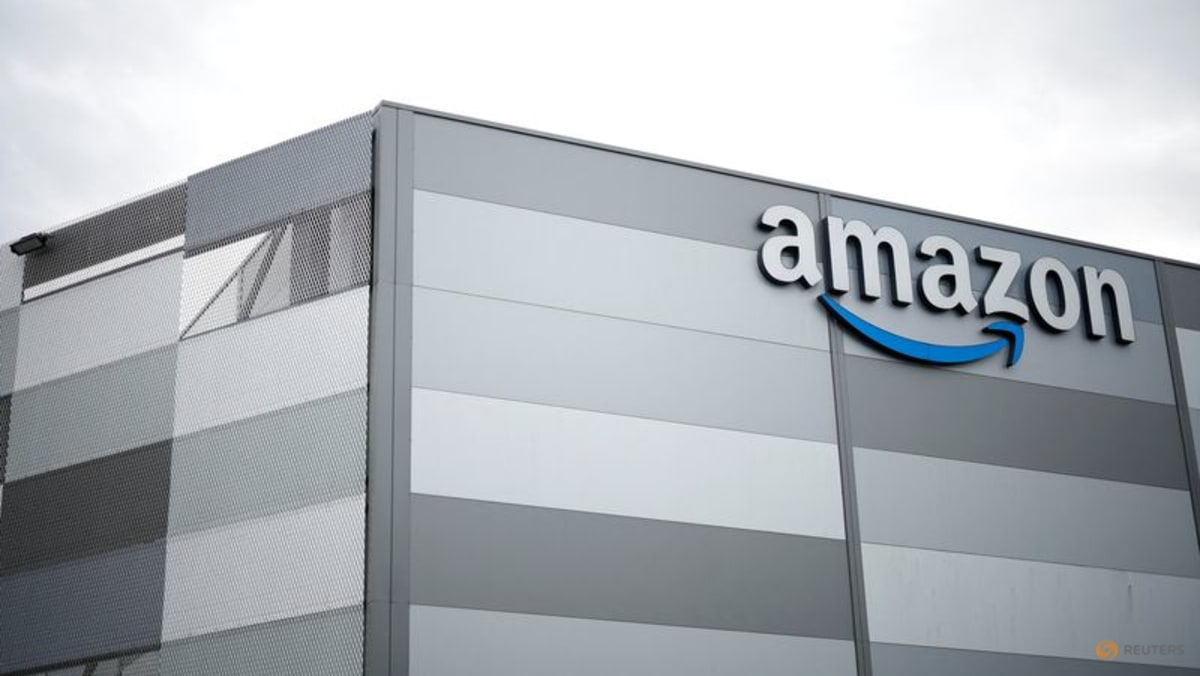Starbucks said on Monday (Nov 3) it would sell control of its China operations to investment firm Boyu Capital in a deal valued at US$4 billion, in one of the most valuable divestments of a China unit by a global consumer company in recent years.
Under the agreement, the companies will operate a joint venture, with Boyu holding an interest of up to 60 per cent in Starbucks' retail operations in China.
Starbucks will retain a 40 per cent interest in the joint venture and will continue to own and license the brand and intellectual property to the new entity, the companies said.
Starbucks said it expects that proceeds from the sale, combined with Starbucks' retained stake and licensing over the next ten years, will total more than US$13 billion.
Shares of Starbucks were up about 3 per cent in after-hours trading.
Final bidders, which included Carlyle Group, valued Starbucks China at about 10 times over its core earnings in their offers, sources had said.
Starbucks' market share in China has declined in recent years due to fierce competition from local coffee chains that offer cheaper products amid an economic slowdown that has changed consumer habits.
Its market share in China - home to more than a fifth of its cafes - fell sharply to 14 per cent last year from 34 per cent in 2019, according to Euromonitor International data.
To counter these challenges, the chain has implemented measures such as reduced prices for select non-coffee beverages and an accelerated introduction of new localised products.
Comparable-store sales in China increased 2 per cent in the quarter ended on Jun 29, versus zero growth in the previous quarter.
Beyond China's slowing economy, Starbucks' annual filing for 2024 also lists among its risk factors "escalating US-China tension", citing possible tariffs, boycotts and "increasing political sensitivities in China".
The deal caps off a global financial drama that became public more than a year ago when previous CEO Laxman Narasimhan said the company was in the early stages of exploring strategic partnerships to boost growth in the Chinese market.
Starbucks essentially created the market for coffee in China after its entry in 1999. In the two years he led the company, Narasimhan increased the store count in China by more than a quarter to 7,594 stores, according to its 2024 annual filing.
Boyu was founded in 2010 by, among others, Alvin Jiang, grandson of former President Jiang Zemin. The firm has offices in Beijing, Shanghai, Hong Kong and Singapore, and invests in consumer and retail, financial services, healthcare and media and technology sectors, its website show.

